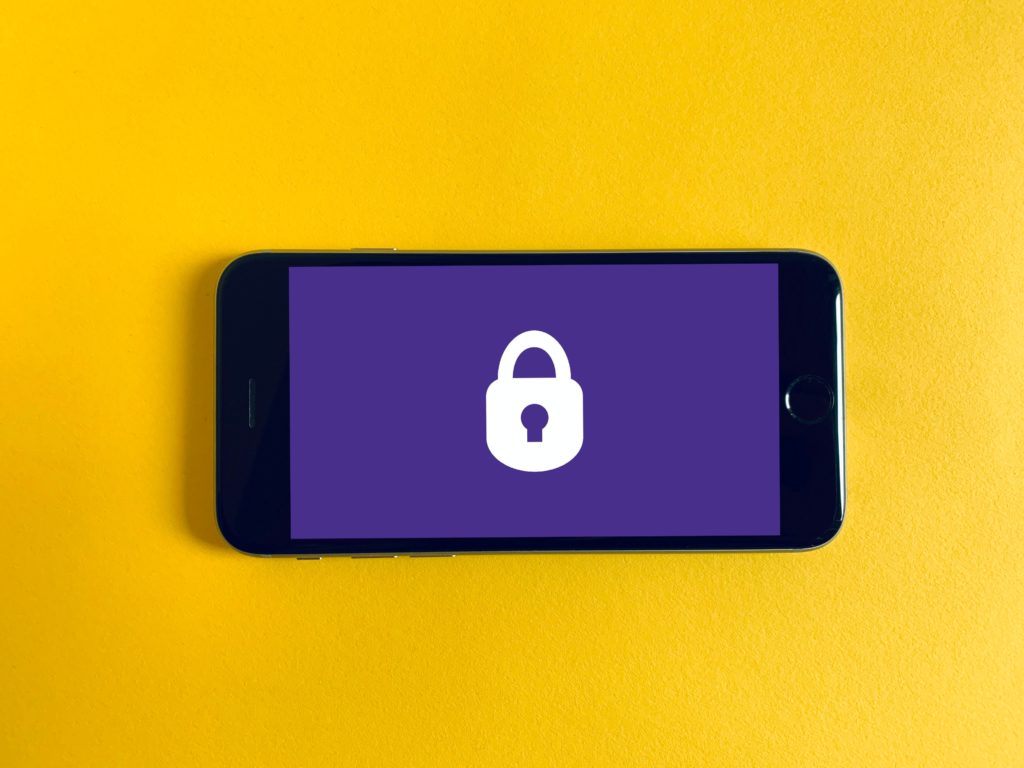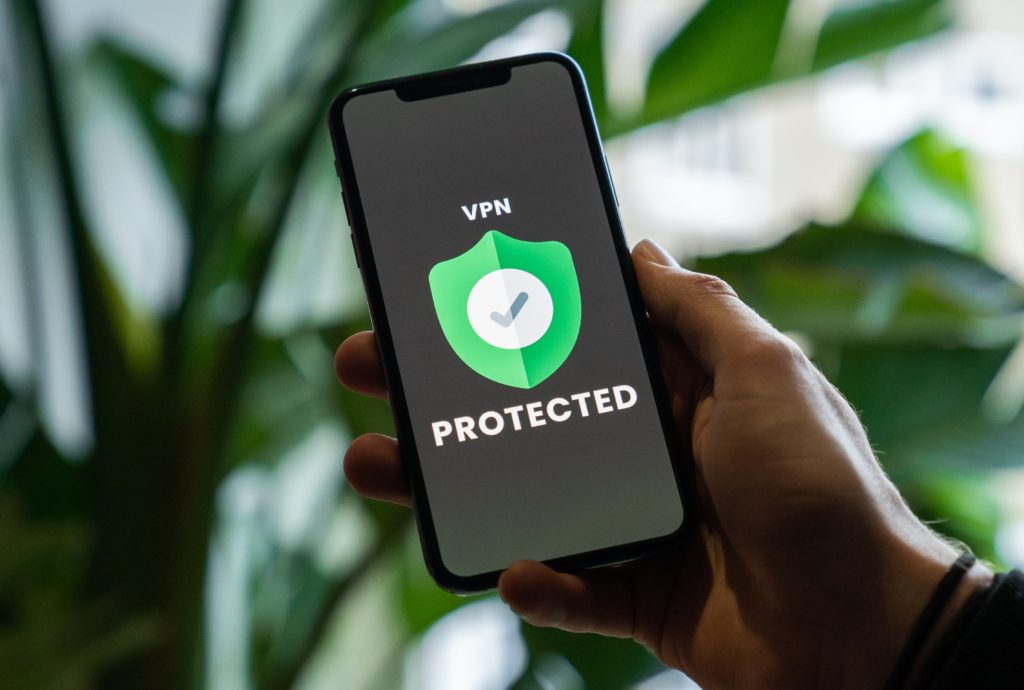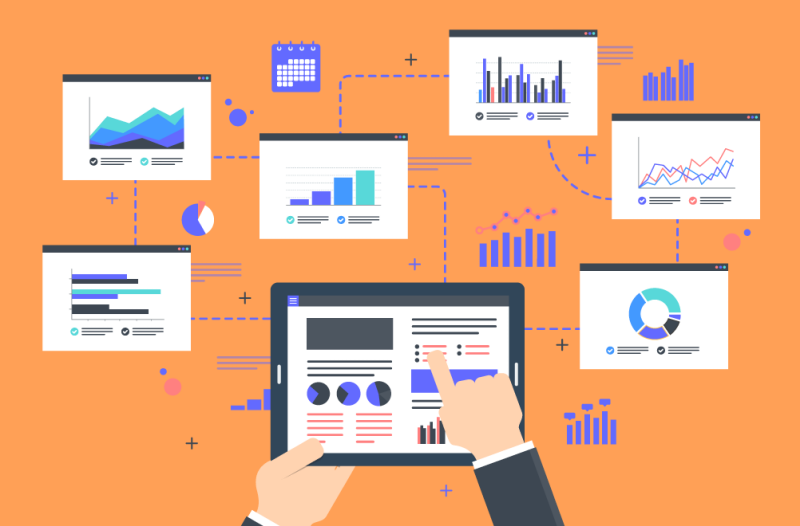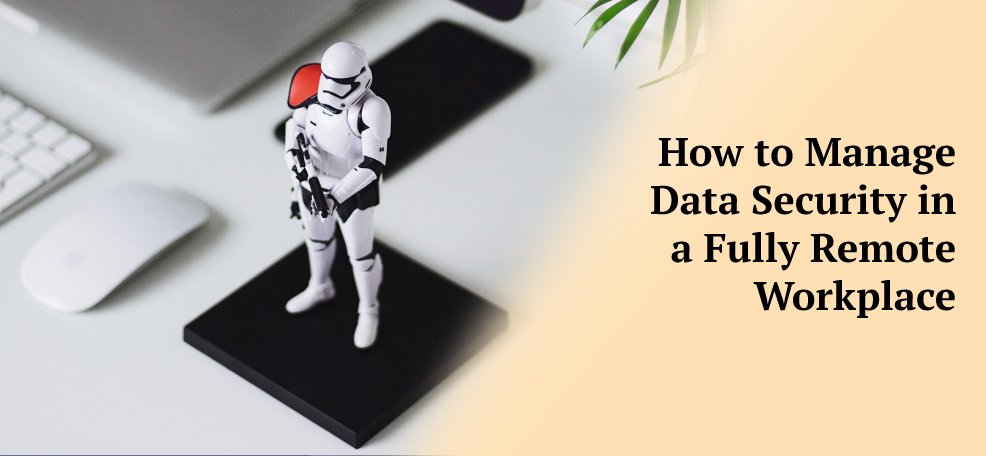The flexibility of the location is one of the advantages of working remotely.
With a huge number of companies working with geologically distributed teams, more and more employees prefer to adapt to this scheme.
However, remote workers carry security challenges for every company. This is because employees are not physically reporting on-site, and they are often dependent on their own devices and Wi-Fi networks to access their company profiles or data.

Since telecommuting becomes more of normal practice, data security becomes a huge concern of every company owner.
From employees using unprotected Wi-Fi connections to employees carrying confidential documents with them to certain places, remote work has provided additional levels of protection considerations for most companies.
It is highly observed that remote-access technologies are often exposed to more peripheral threats. Studies have shown that 86% of company executives believe remote workers boost a company’s chances for a data protection breach.
Company owners and their staff need to accept accountability in doing what they can to secure their company’s data.
So, whether you have a medium or huge company, it is a must to implement clear and detailed policies and take proactive measures to mitigate security risks. This also ensures the integrity and safety of your company data.
What is Data Security?
Data security denotes the process of securing data from any data corruption and unauthorized access throughout its lifecycle. This includes hashing, data encryption, key management practices, and tokenization that secure data all over the platforms and applications.

At present, most organizations around the world are investing heavily in various information technology cyber protection capabilities to secure their critical assets.
Whether your business needs to protect a certain brand, customer information, intellectual capital, or provide management for serious infrastructure, the means for detecting the incidents and response to securing your company interests have three common elements – the technology, people, and processes.
When it comes to data security, you have to understand the CIA triad. This is a security model and guides every organization to ensure that their sensitive data is secured from data exfiltration and unauthorized access.
CID triad is a short term for Confidentiality, Integrity, and Availability. Confidentiality guarantees that data is available only by authorized persons, while integrity ensures that data is reliable and accurate.
On the other hand, availability ensures that all the pieces of information are both accessible and available to satisfy your business needs.
What are Data Security Considerations?
There are several data security considerations you should know whether you are an employee or a business owner, and here they are:
1. Location of your sensitive data
You will not know how to secure your data if you are not familiar with where your sensitive data is stored. So, make sure you have an idea where to locate those pieces of information.
2. Data Monitoring
Frequent monitoring and real-time alerting are essential to meet compliance regulations and trace file activity, computer behavior, and suspicious accounts before it is too late.
3. Persons to Access Your Data
When users have infrequent permission reviews or unimpeded access, it leaves your company at risk of data misuse, theft, or abuse. Therefore, knowing who has access to your business data is the most crucial stuff you need to consider.
What are Data Security Technologies?

There are several data security technologies you can use to prevent breaches, sustain protections and reduce risks. Here are some of the data security technologies you need to know:
1. Data Auditing
During the investigation of the root cause of data breaching, having data auditing is an excellent solution. This captures and reports on access control changes to the information, who had access to those data, when it was accessed, and other vital matters.
With proper auditing solutions, your IT administrators can gain the visibility needed to stop unauthorized changes and possible breaches.
2. Data Real-Time Alerts
Your companies often take several months to discover a breach. Sometimes, you may find it out through third parties or any customers instead of your own IT personnel.
By monitoring real-time data activity and other suspicious behavior, you can explore several security breaches resulting from loss, accidental destruction, access to personal data, alteration, or unauthorized disclosure of your company information.
3. Data Risk Assessment
This can greatly help your company to identify your most overexposed sensitive data. It also offers repeatable and reliable steps to prioritize and repair serious security risks.
The procedure begins with recognizing sensitive data accessed through stale data, global groups, or inconsistent permissions.
Risk assessments review significant findings, give a thorough explanation of every vulnerability, expose information vulnerabilities, and include ordered remediation suggestions.
Having an insight into data security technologies allows you to secure your company, especially when you have several remote workers.
What General Safety Tips You Should Follow?
With various unwanted incidents while working remotely, it is a must to consider the following general tips:
- Enforce a Cybersecurity policy and make it known to all employees
- Secure all internet connections and devices from data breaches
- Use a password manager
- Utilize two-factor authentication
- Be vigilant on phishing emails
- Find a good encryption software
- Have up-to-date firewalls and antivirus protection
- Invest in a reliable and safe knowledge base for your team
Apart from the above-mentioned, it is also best to use project management tools to protect your company safely.
What are Project Management Tools?
Project management tools are designed to assist you and your team in organizing work and handle tasks or projects effectively. The term is commonly referred to as project management software.

These are customizable to fit your company’s needs, regardless of the size and goals of your team.
Project management tools are defined by their inclusive features, and these include the following:
- Planning/Scheduling – Project management tools allow you to make plans and delegate the tasks in one place with templates, folders, subtasks, workflows, and calendars.
- Collaboration – Email is not the main form of communication. You can also use project management tools to add comments, assign tasks, organize dashboards, and a lot more.
- Documentation – Project management tools help you avoid missing files using its file management features. These tools have editing, storage, and versioning features.
- Evaluation – These tools help you track and analyze productivity and growth through reporting and resource management.
With various benefits of project management tools, especially for remote workers, you are probably tempted to look for a reliable knowledge management software.
How to Find the Best Knowledge Management Software?
With countless tools available in the market, it will be a tricky task to search for an ideal project management tool that suits your team.
When comparing project management tools, always remember that a reliable and effective one has two main requirements.

First, it should possess all the features that your project manager needs.
Second, the project management tool must be something your team is willing to use. Take note that it will be useless if your team doesn’t want to use it. So, get one that is easy and effective to use.
There are several companies that offer reliable knowledge management software for data security. Before searching where to deal with, you need to know first how to choose one. Here are some steps you need to consider:
- Know your project management tools
- Conduct a research about your preferred project management tools
- Test and review your preferred tool
- Get feedback from your team or any reliable sources
- Check the cost
- Get executive buy-in
- Buy the project management tool you like
- Implement the tool you opt to use
- Analyze how the tool works
- Check how it helps your company
With these steps, it is easy for you to look for a reliable project management tool in the market. Just make sure you do research before dealing with a certain company to ensure a successful result.
What are the Different Features of Project Management Tools?
Project management tools have different features that truly fit your business and employers working remotely. Here are some of its features you shouldn’t miss exploring:
Cloud Data Security
This is a protection platform that allows you to move to the cloud protectively while securing data in cloud applications.
Hardware security module
This hardware security module guards monetary data and meets the company’s compliance and security requirements.
Data encryption
This is tokenization and data-centric security solution that secures data across your business, cloud, big data environments, and mobile.
Key management
It secures data and enables your business regulation compliance.
Enterprise Data Security
This provides an end-to-end data-centric scheme for company data protection.
Payments Security
This provides comprehensive tokenization and point-to-point encryption for retail payment transactions.
Other features include email security, web browser protection, mobile app security, and a lot more.
Wrap Up!
Effective knowledge management software allows you to experience countless integrations.
From accounting to document management, helpdesk tickets, scheduling, and reporting, you have what you are looking for. So, don’t miss a chance to maximize the use of project management tools.
Start transforming and streamlining your business today!



